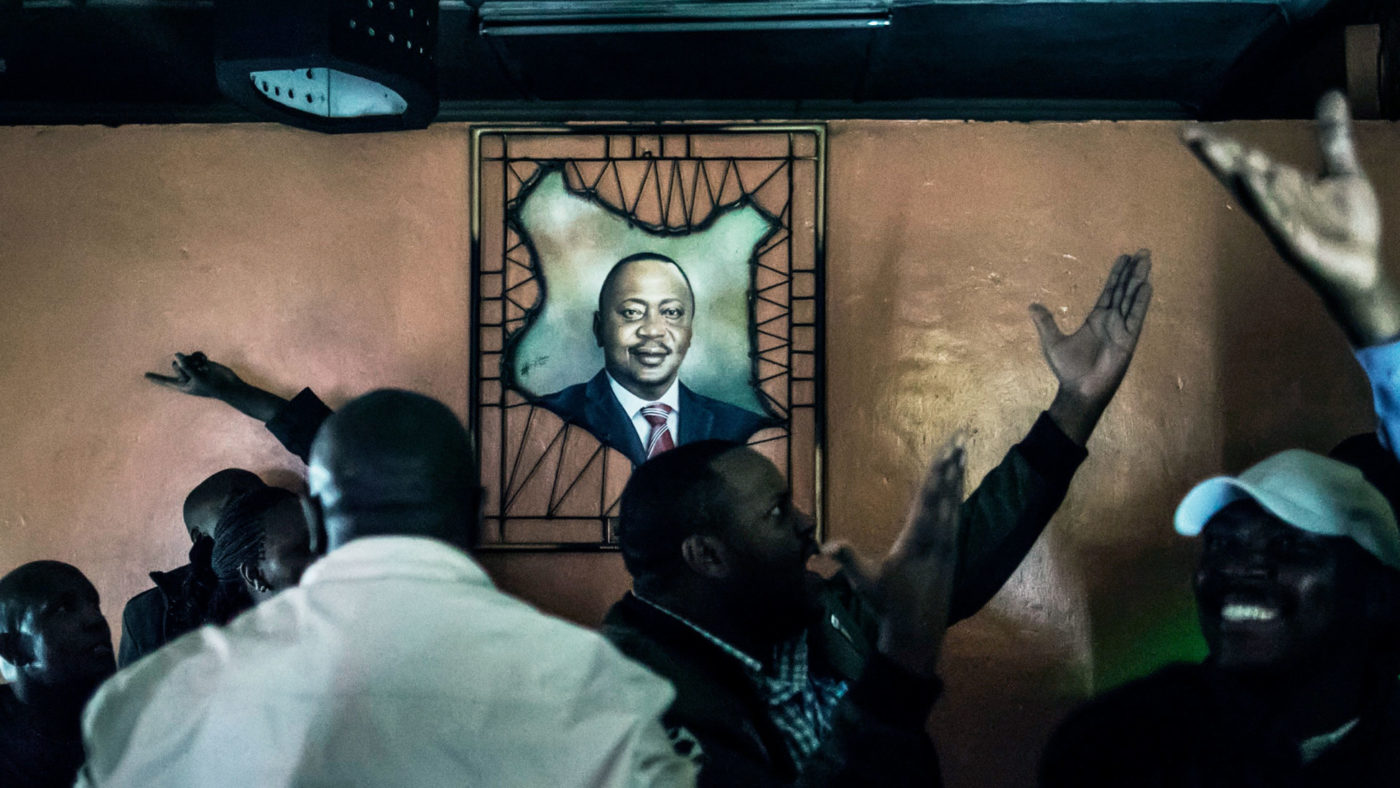The very first time I visited Kenya, several months before I started covering politics in Africa, I was introduced to a young, eloquent and interesting lawyer with a project to try to fix Kenyan politics. The problem, he explained, was that it is so difficult to persuade people to vote rationally. In Kenya, he explained, most people tend to vote according to their tribe. As a result, he argued, politics produces far too many scoundrels. In a Kenyan election, a politician who does not steal tends to get less votes than somebody who does – but redistributes it to his kin, and promises to stand up for them.
At the time, I was covering American politics, and even then, before Brexit and Donald Trump, I thought this man overly generous towards Western politics. In America, and in Britain too, I pointed out, voters are also tribal. Since, watching the fallout as dozens of neo-Nazis marched in Virginia, and Trump refused to denounce them, I have wondered if I was more right than I realised.
In the West, our tribes may be less clear cut. People in Washington, DC, do still tend to speak the same language as people in Alabama. But nonetheless, it would be a stretch to say that a lot of voters base their decision on a close look at the policies and records of politicians. No, they vote according to their sense of who they feel closest too. That is to say, they vote based on tribal interest.
The past few weeks, reporting on Kenya’s election, has given me a clearer insight into what tribalism means. Before polling day, politicians revved up their tribal bases to get out the vote. Going around slums in Nairobi, it was much clearer than usual what people’s tribal identities were.
I sat in a room in a tin shack listening to a smartly-dressed Kikuyu lady (the tribe of Uhuru Kenyatta, the president) explain her “problem with Luos” (the tribe of Raila Odinga, the main opposition candidate). Luos, she asserted, are violent, they don’t pay their rent, they never save or invest, and that’s why they hate Kikuyus. No doubt such views are always there, but you would rarely hear them articulated so readily outside of elections. This distrust, ultimately, is why elections in Kenya are such fraught affairs. They are fights over identity, not policy.
Yet the fights in America over Confederate statues shows much the same dynamic. The refusal of the president to condemn a minority of his tribe is what an essentially tribal politician does: stay loyal. And that loyalty is rewarded. How else does someone as obviously unfit for office get elected? He didn’t promise the people who voted for him a menu of policies designed to make their lives better. Instead, he promised an idea: that they would get “their” America back. The same is true of Brexit. “Taking back our country” was an obvious appeal to English tribalism.
The difference between Western democracies and Kenyan democracy historically has not been the absence of tribalism. Instead, it has been that it has not been the most effective way of politically organising. In countries with strong, stable civic national identities (and dominant majorities), the closest we came was in regionalism. In the West there also is a substantial group of genuine swing voters who do care about policies and integrity and without whom – in the past at least – you could not win an election. Voters interested in policy are certainly not absent in Kenya – but they are certainly rarer. Finally, elections in Western countries are not so high stakes, because our institutions constrain politicians.
Yet all of these certainties are now less clear than they were. Brexit brought out far more vicious politics precisely because it is so high stakes – hence in its aftermath we saw attacks on all of our other institutions, from the judiciary to the media. And swing voters are less common than they were. We are less and less likely to live with or socialise with people who do not share our political views.
America is still much less tribal than Kenya, where politicians routinely win 90 per cent or more in their home districts. Even in West Virginia, the most Republican state in 2016, 26 per cent of people still voted for Hillary Clinton. But the direction of travel is the wrong way. In 1960, 75 per cent of states were “swing states”; by 2012, it was just 30 per cent.
Most importantly we are losing ideology and class as the dividing line in politics. Instead, the big questions are about identity. Are we European or British? Is America a multicultural, liberal nation, or a traditional Christian one? Neo-Nazis marching on Charlottesville feel so emboldened by Mr Trump’s victory, precisely because he campaigned on a platform of racial – indeed, tribal – resentment. They want to continue being able to see the Confederacy a noble Lost Cause, instead of a failed act of treason. They certainly don’t want to have to think about how American history has contributed to America’s stark inequality. And as any Kenyan can tell you, history is what underpins tribal grievances and fear too.
Ultimately what brings about an end to tribalism is nation-building. In Europe, building nations took generations of war and forceful integration. America went through a brutal civil war and its southern states created a strange history afterwards to paper over their sense of grievance at their loss. But as nations change, the community needs constant reimagining. Nowadays, it seems as if in America and Britain, we are losing that ability. Our political future then, might be a little more African.


